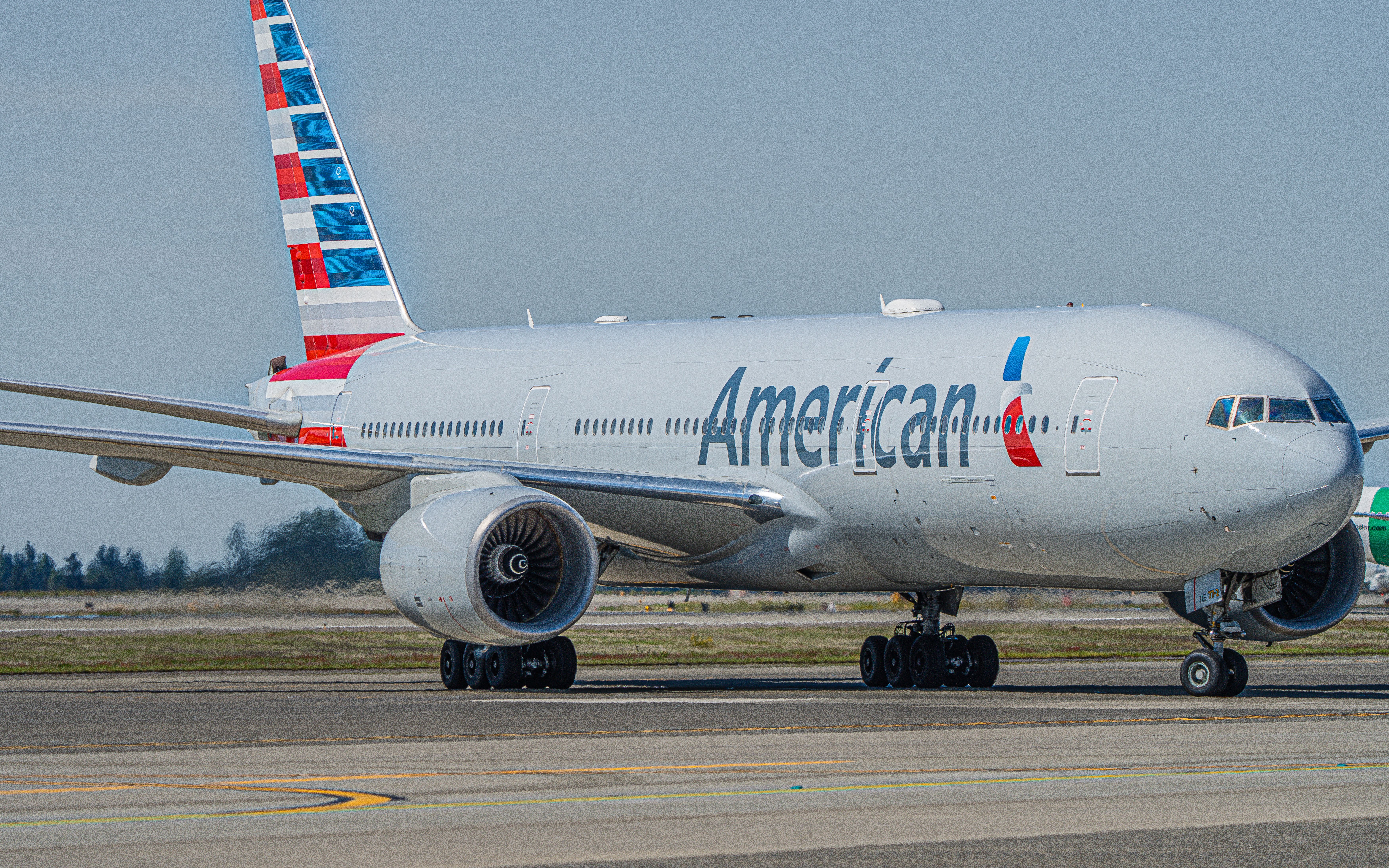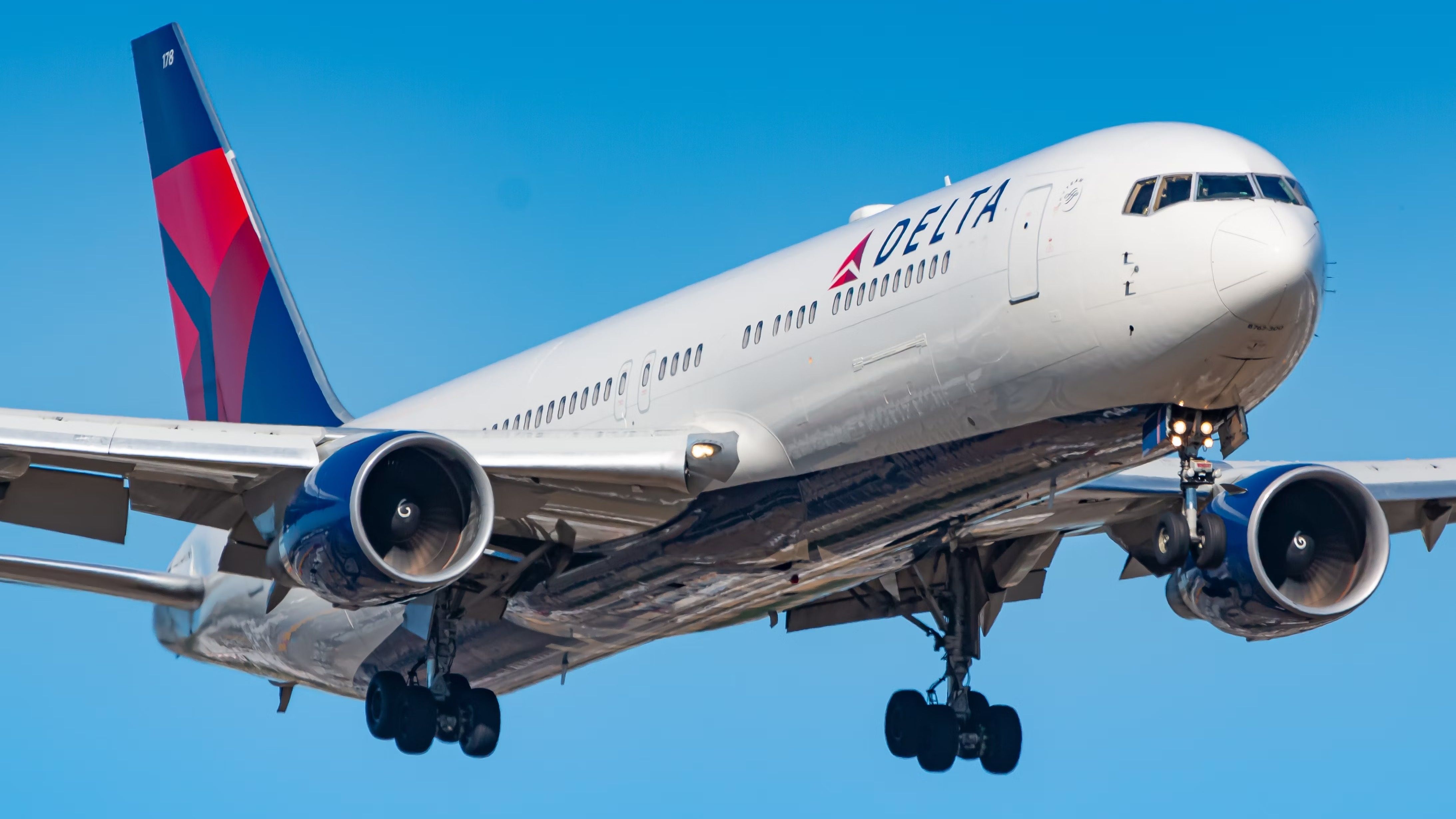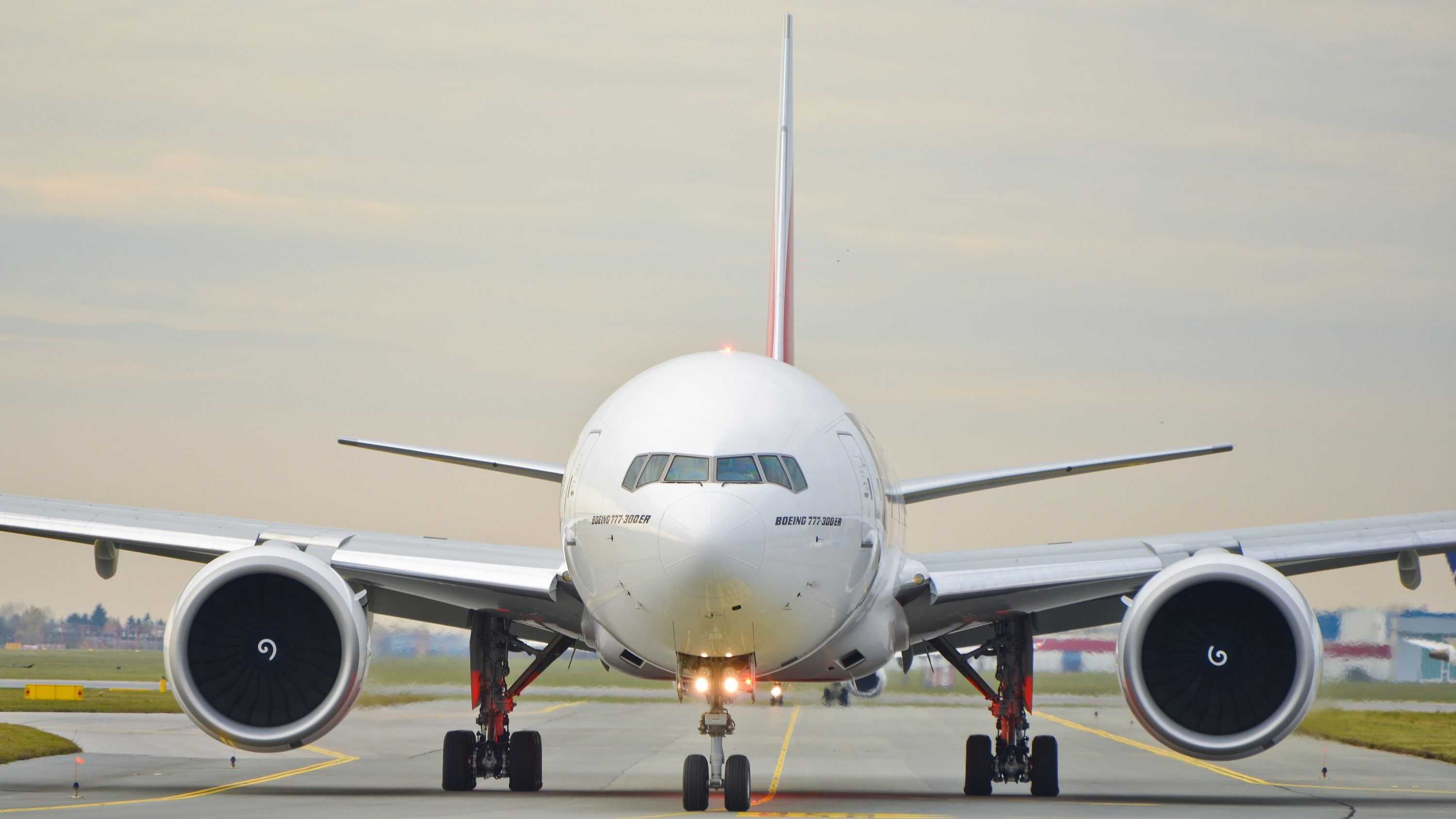





In 2024, U.S. domestic air travel is experiencing significant shifts driven by increased passenger demand and evolving travel preferences. Major routes leading the way include Las Vegas to Los Angeles (LAS-LAX) with 290,491 seats, Atlanta to Orlando (ATL-MCO) at 284,603 seats, and Honolulu to Kahului (HNL-OGG) with 284,192 seats. Other notable routes include New York to Los Angeles (JFK-LAX) with 279,294 seats and Denver to Phoenix (DEN-PHX) at 276,992 seats. This surge in leisure travel is largely attributed to popular tourist destinations like Las Vegas, Orlando, and Honolulu, which are driving demand for flights [7c314c34].
Airlines are adjusting their strategies to optimize resources and enhance customer experiences in response to these trends. Inter-hub connectivity remains crucial for efficient travel, and short-haul flights are dominating the market due to their convenience and time efficiency. Denver, already recognized for its high volume of short-haul widebody flights, continues to be a key player in this evolving landscape [35470f2f][a705c74f].
Additionally, Denver's status as a top airport for fast food options complements its growing importance in domestic air travel. The airport ranks highly in a recent study analyzing fast food availability across major U.S. airports, with numerous chains present to cater to travelers' needs during layovers [de948c30].
Heathrow Airport in London has also been highlighted for its food and drink options, ranking as the fourth best airport globally in this category. Terminal 5 at Heathrow offers a variety of dining experiences, contributing to its appeal among international travelers [a66a811b].
As travel patterns continue to evolve, the focus on enhancing passenger experiences through both flight options and dining choices will remain a priority for airports and airlines alike [d7a5d497].